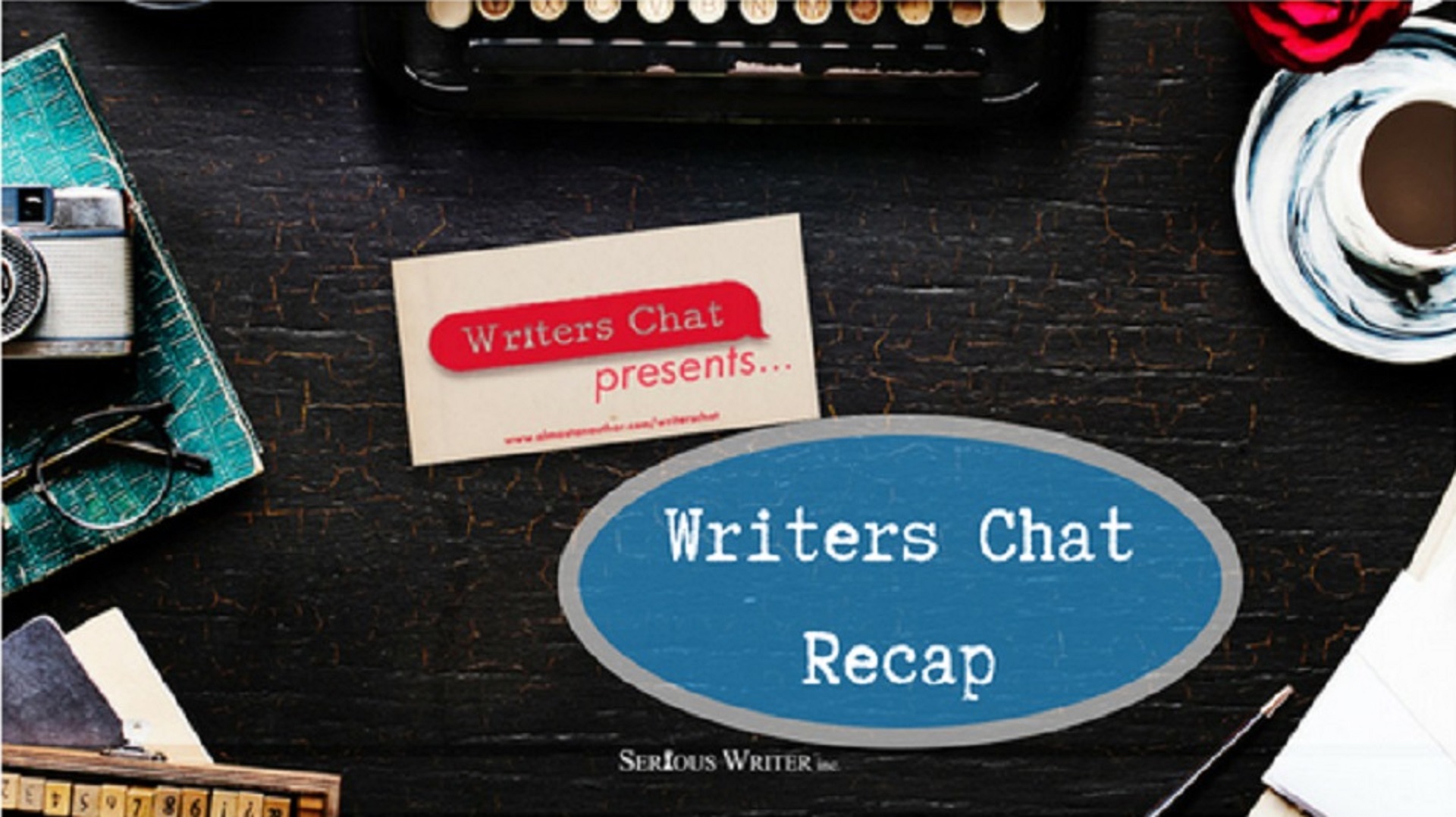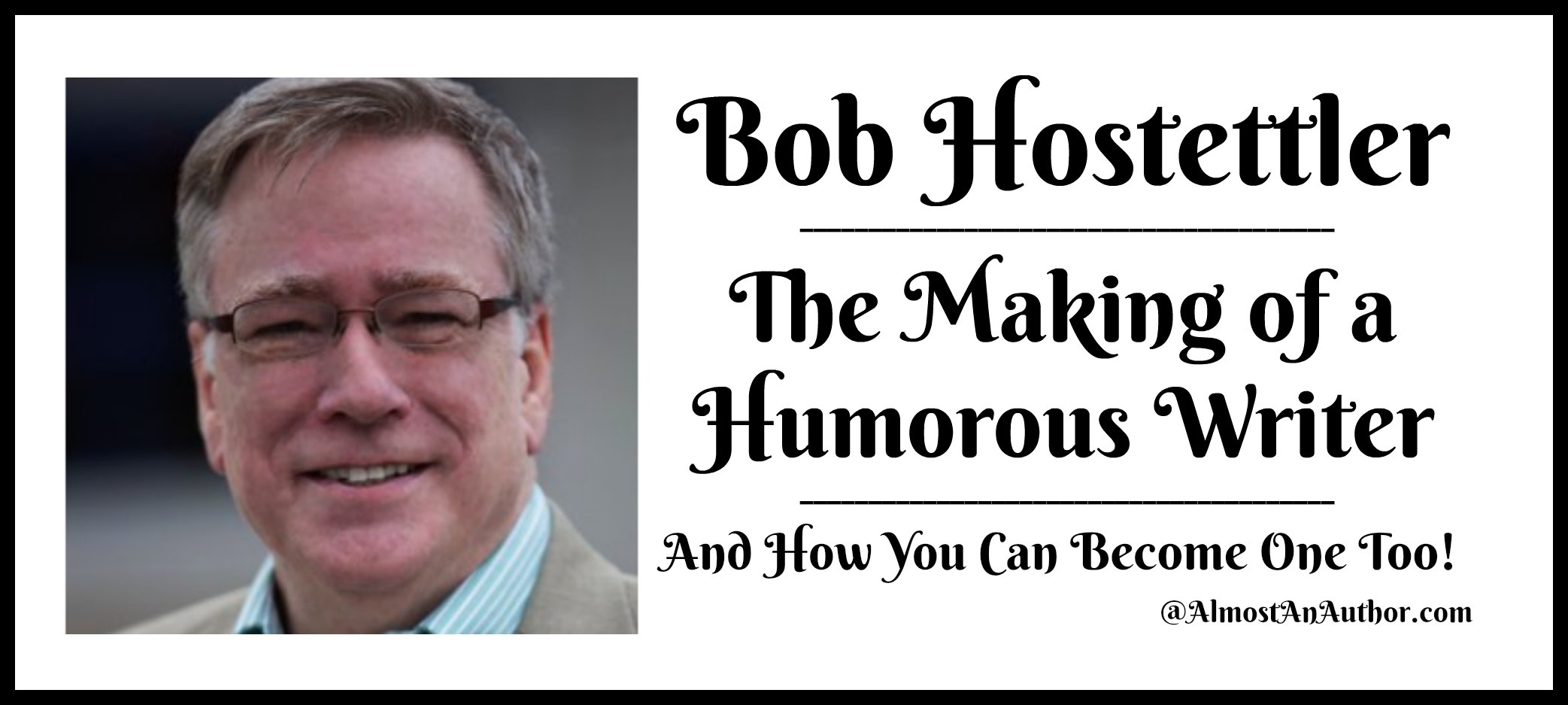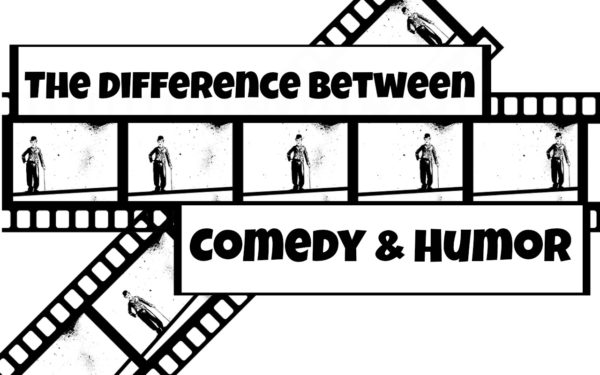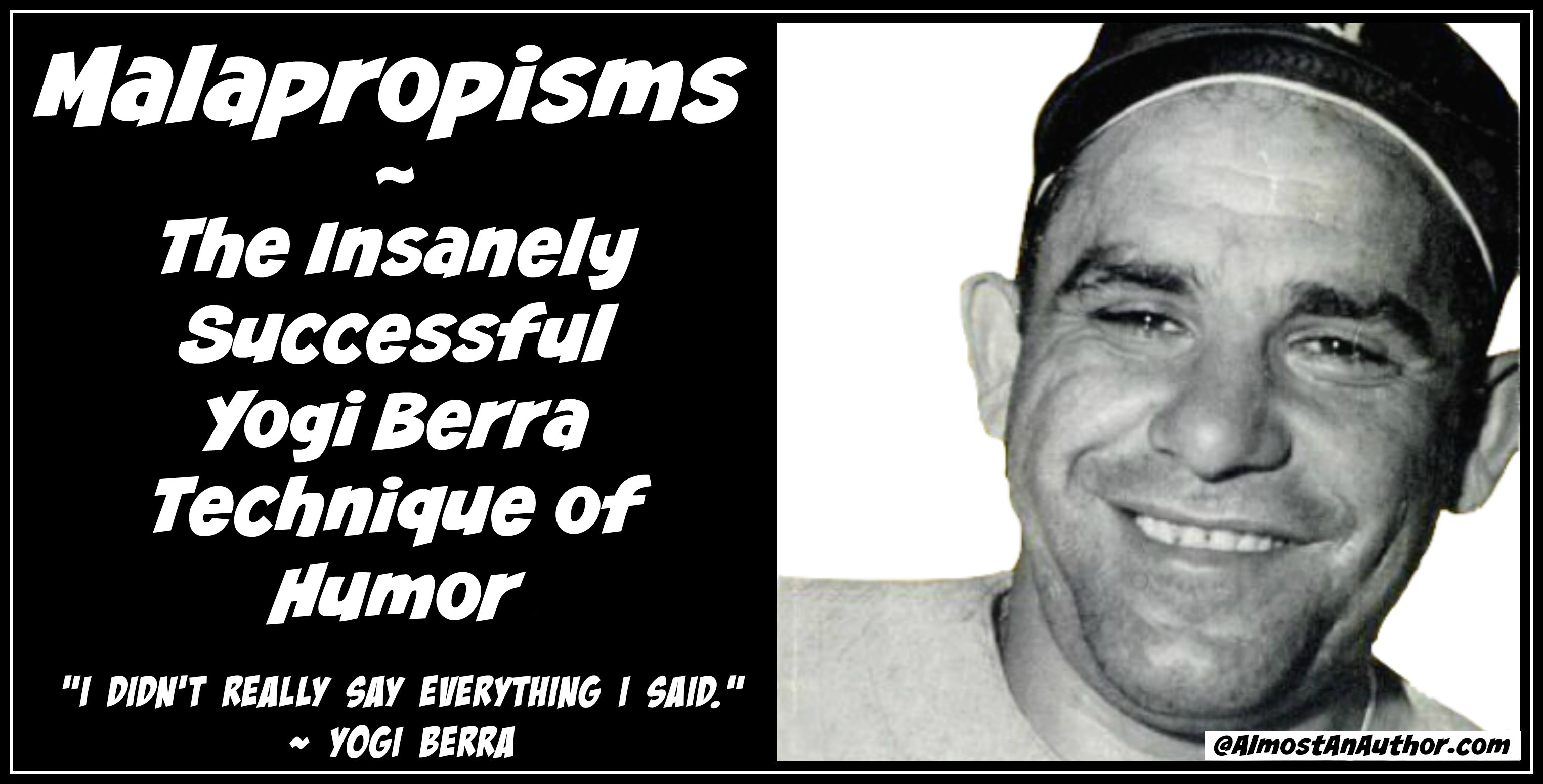
Oh, Happy Day(s)
Thank God for retro television channels. I never pictured myself as a “golden oldie.” I used to cringe whenever…
August 6, 2020
Thank God for retro television channels. I never pictured myself as a “golden oldie.” I used to cringe whenever…
August 6, 2020
I remember watching a Carol Burnett Show sketch that spoofed the old Mickey Rooney/Judy Garland musicals. You know the…
July 10, 2020
So, how’s life going, y’all? As I write this post, our country has been in pandemic lockdown for over…
June 6, 2020
I released a book during a pandemic. What’s new with you? I waited years upon years to see a…
May 6, 2020
These days, I frequently see my social media contacts expressing the same sentiment: “I’m too distracted to write.” In…
April 11, 2020
What if you write for a website called “Almost An Author” and then you actually get a book contract?…
April 6, 2020
I never went to camp as a child. For a variety of reasons, it wasn’t my thing. Even though…
March 6, 2020
It is the dawn of a new year, even a new decade, and people are talking about goals. I…
January 6, 2020
As I am writing this, it is the week of Thanksgiving. I am moving. My wife and I coordinate…
December 6, 2019
I bought a guided journal a month ago, and I have written in it every day thereafter. I deserve…
November 6, 2019
I spent the better part of yesterday evening, into the night, grading analysis essays. As I marked up the…
October 6, 2019
Your not going to like what I say. You might feel like pulling you’re hair out. I am assuming…
September 6, 2019
I was ministered to by a bathroom cup a while back. One day I was getting ready for work…
August 6, 2019
After my accident, I learned one of the hardest lessons of my life. It wasn’t a new lesson, just…
March 29, 2019
If I have learned anything from writers conferences and other instruction, it’s that writers like me need a platform—a…
March 6, 2019
“Because talking about writing is more fun than actually doing it!” Writers Chat, hosted by Jean Wise, Johnnie Alexander,…
February 15, 2019
Since it is the dawn of a new year, let’s discuss those dreaded resolutions. I have been resolving to…
January 6, 2019
The other day in my Interpersonal Communication class, we talked about “acoustic space,” which is the distance your voice…
December 6, 2018
Do you ever stare at one sentence until your eyes start watering? Have you had to read that one…
October 16, 2018
The other day I got a rejection letter for a writing submission. Oh, and, by the way, the sky…
July 6, 2018
I just returned from Blue Ridge Mountains Christian Writers Conference, and there was much talk about how most writers…
June 6, 2018
Author, speaker, and overall funny man Bob Hostettler has cost me too much money. He keeps writing books. And…
September 25, 2017
I read a statement once that stuck with me: All comedy has humor, but not all humor is comedy.…
February 26, 2017
We were just about to head down the aisle before my daughter’s wedding, when I reached into my bag…
December 20, 2016
Malapropisms “When you come to a fork in the road, take it.” Say what? A malapropism sounds more like a…
November 24, 2016